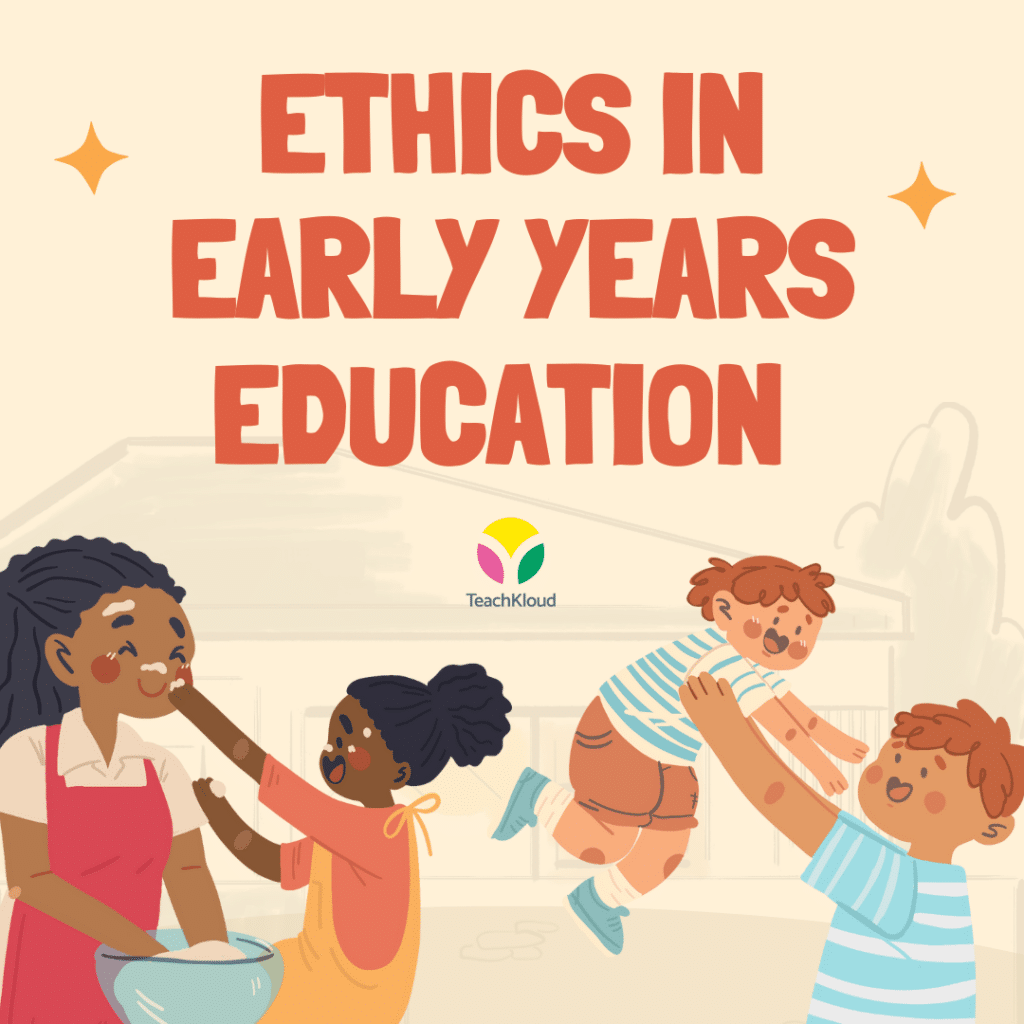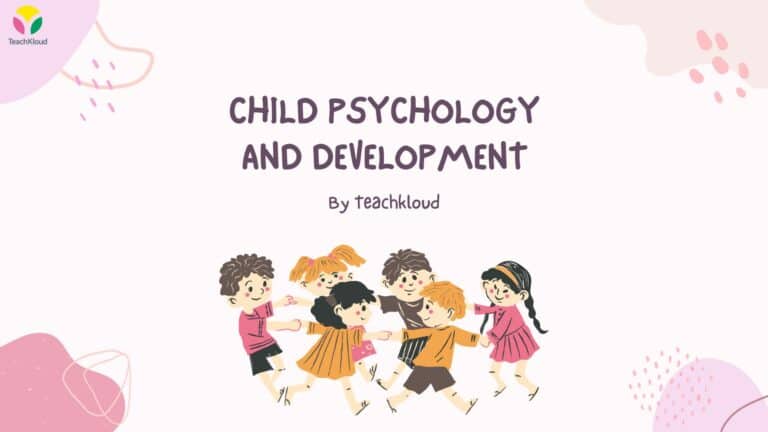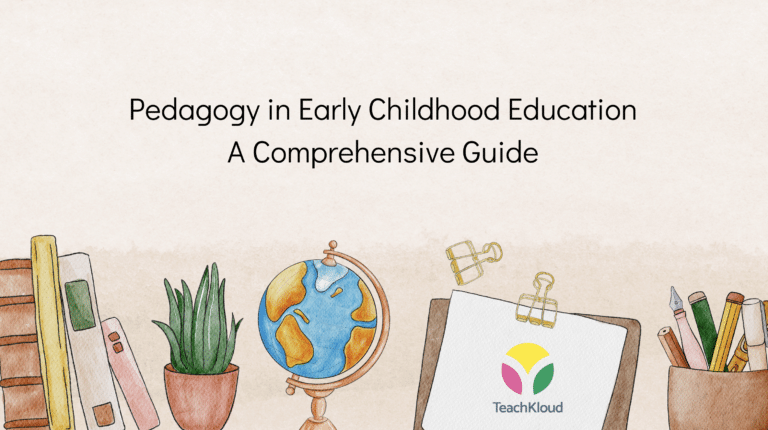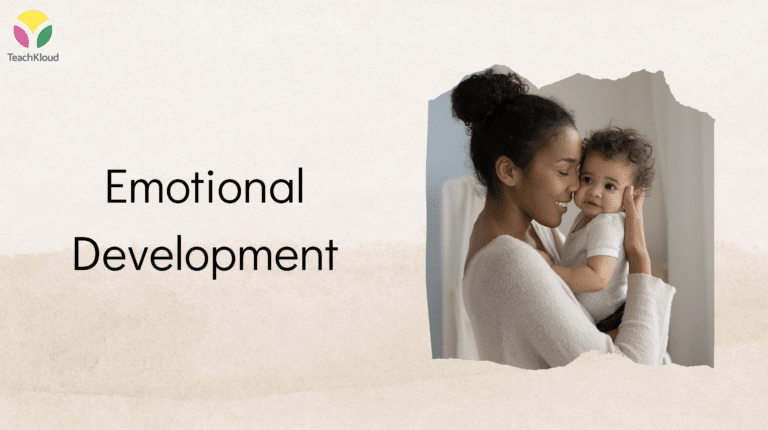Ethics in early years education refers to the principles and values that guide the behaviour and decision-making of educators, parents, and other individuals involved in the care and education of young children. It involves understanding and promoting what is morally right and just, in the context of early years education. Ethics in this field encompass a range of considerations, including respect for children’s rights, ensuring their safety and well-being, fostering inclusive and equitable environments, and promoting positive social and emotional development.
In early years education, ethics play a crucial role in shaping the overall quality of care and education provided to young children. It involves making ethical choices and decisions that prioritize the best interests of children and their holistic development. This includes considering their physical, cognitive, social, and emotional needs, as well as their cultural and individual differences. Ethical practices in early childhood education also involve maintaining professional boundaries, ensuring confidentiality, and upholding the highest standards of integrity and professionalism.
Ethics in early years education are important because they provide a framework for creating safe, nurturing, and inclusive learning environments. When educators and caregivers adhere to ethical principles and understand their professional responsibilities they create an atmosphere of trust and respect, where children feel valued and supported. By promoting ethical practices, early years educators can help children develop a strong moral compass, empathy, and a sense of social responsibility.
Therefore, when we say, “Ethics in early years education”, what do we really mean by it? It is education that respects the dignity and rights of every child, creates a caring, respectful atmosphere, and promotes a sense of community and shared responsibility. This article will discuss ethics/morality for children in early childhood education but also discuss what ethics looks like for early childhood educators and sample frameworks.
Now that we’ve briefly described ethics in early years education, let’s discuss the benefits of ethical pedagogical practices, after which we will discuss professional responsibilities and a step-by-step guide for educators in dealing with ethical dilemmas.
The Benefits of Ethics in Early Years Education
Cognitive Development: Firstly, ethical teaching motivates intellectual curiosity and cognitive development in children. It encourages them to question, explore and understand the world around them, promoting critical thinking and problem-solving abilities.
Character Building: Secondly, children learn integrity, kindness, respect for diversity, and other essential core values. Incorporating ethics in education helps to nurture empathetic and socially conscious individuals.
Emotional well-being for children in early years education: Thirdly, emotional well-being is another significant aspect. An environment that respects the child’s feelings and ideas fosters self-confidence, self-worth, and emotional stability. They learn to articulate their feelings, identify wrong from right and are better prepared to navigate personal and social challenges.
Creating Responsible Citizens in early years education: Lastly, ethical education sets a strong foundation for creating responsible, caring, and civic-minded citizens. Children who understand the importance of ethics are more likely to develop a strong sense of social responsibility and commit to ethical behaviours, positively impacting society later in life.
The advantages of ethical early years education are not limited to the classroom but have profound long-term effects on the individual and society as a whole. So, what can we do to foster this culture of ethics in early years education? Let’s explore how educators can create a culture of ethics in early childhood education.
Creating a Culture of Ethics for Children in Early Years Education
Instilling ethical values in young children can feel daunting, but when combined with the right strategies, cultivating a culture of ethics becomes an exciting and rewarding experience. Here’s how you can contribute to creating an ethical culture in early years education.
Developing Ethical Frameworks: Begin by establishing a clear ethical framework within your childcare environment. This involves creating standards and guidelines that foster respect, fairness, responsibility, and honesty. Whether you’re a teacher, a parent, or a caregiver, it’s crucial to continuously uphold these values and lead by example. You can use established ethical frameworks for early years educators, such as this one.
Moral Discussions: Triggering conversations around ethical situations can be really enlightening. For example, you might tell a story about a child who faces a moral dilemma and then ask the children to suggest what the right thing to do is. Such discussions can help children navigate how they may handle their own ethical dilemmas.
Engaging in Ethical Activities: Moral lessons don’t always have to be taught with words. In fact, most of the time, children learn best through play. Therefore, incorporating play-based learning experiences that promote ethical conduct can be incredibly effective. For instance, cooperative games where everyone must work together to succeed.
Recognising Ethical Behaviour: One of the most effective ways to promote ethical behaviour is to acknowledge it when it occurs. When a child acts in an ethical manner, whether it’s treating a friend kindly, being honest when it’s tough, or taking responsibility for a mistake, it’s important to recognise and affirm those actions.
Creating a culture of ethics in early years education lays the foundation for morally responsible citizens and leaders of tomorrow. It helps children understand the importance of creating and living in a just and civil society, right from their young age. Let’s strive to embed ethics in every interaction, lesson, and day-to-day rituals involving our children.
Sample ethical dilemma, using storytelling for 3-6 years olds: Ethics in Early Years Education
Imagine this: You’re in a storytelling session with a group of 3-6-year-olds. You begin to weave a tale about a fox and a rabbit, both living in the same forest but having different ideas about sharing resources. The fox is cunning and grabs as much as he can, while the rabbit values fair sharing and taking turns.
Through this story, children are introduced to the concept of fairness, a fundamental ethical principle. They begin to understand that the fox’s behaviour, despite being advantageous for him, is not right as it leaves others, like the rabbit, without resources.
- The Fox and Rabbit: This umbrella setting enables the telling of multiple stories with different, carefully-chosen scenarios, illustrating various ethical dilemmas faced in the real world.
- Setting: By using a simple background like a forest and characters like animals, we are able to create relatable scenarios without introducing too many variables or complexities.
- Choice of Characters: The fox and rabbit, with their contrasting personalities, provide a clear depiction of different ethical viewpoints. An understanding of these viewpoints helps children to decode the moral fabric of society.
Following the story, it’s important to invite questions and encourage a discussion with the children to ensure the concepts of the story have been understood. This storytelling engagement not only enhances their cognitive skills but also instills a sense of ethical responsibility.
The story also gives an insight into consequences. If the fox continues his grab-all behaviour, how might that affect him or those around him? Would you want to be around someone like this? This adds another layer to the learning process and promotes the importance of ethical actions.
Note: It’s important to remember that storytelling is just a medium to introduce ethics to children. It is essential that the same ethos be mirrored in other aspects of early childhood education such as classroom interaction, rules, and day-to-day activities.
Using childcare apps like TeachKloud, you can share stories like these with parents, child observations and even document training for educators in ethics. Using a childcare management app can enable you to manage your policies, compliance with regulations and child/staff records. Learn more here. But I digress…what about educators, what type of code or framework can guide educators in ethical practice in early childhood education?
Code of Professional Responsibilities for Early Years Educators: Ethics in Early Years Education Practice
As an early years educator, you carry the heavy responsibility of molding young minds and laying the foundation for the ethical understanding of children under your care. Ensuring that you carry out your duties ethically can have an immense influence on the children’s future behaviour and decision-making skills.
Ethics in practice involves understanding the inherent value of children and committing yourself to act in ways that respect their rights and promote their well-being. It’s more than just understanding the potential consequences of ethical and unethical behaviour. It means consistently following a set ethical code and making it a part of your interaction with children, parents, and colleagues.
Here are the main elements embedded in an early years educator’s ethical practice:
- Respecting the dignity and rights of all children: Children, regardless of their background or abilities, should always experience respect and fairness within your establishment.
- Fostering a healthy relationship with families: Open, honest communication with families forms the basis of a successful partnership in promoting the holistic development of the child.
- Maintaining professional boundaries: As an educator, it’s crucial that you maintain a professional relationship with children and their families while demonstrating empathy and understanding.
- Commitment to continuing professional growth: Stay updated with the latest research, strategies, and best practices in early childhood education to enhance your effectiveness as a teacher.
- Confidentiality and privacy: Honour the right to privacy of the child and their family, maintaining confidentiality of personal information unless there’s a child protection issue or legal requirement to disclose it.
Equally important is the application of ethical principles to the practical aspects of teaching. Here’s how this can be reflected:
- Planning and delivery: Inclusivity and fairness should be maintained in all aspects of classroom planning and teaching, ensuring every child gets an equal opportunity to learn and thrive.
- Guiding Children: Children should be taught the difference between right and wrong in a nurturing way that respects their feelings and encourages them to make ethical choices independently.
- Assessment and evaluation: Ethically sound assessments consider the individual needs of children and offer supportive feedback rather than judgement.
Remember, your responsibilities also extend outside the classroom. As role models, your ethical conduct affects not only the children but also parents, colleagues, and the wider community. Indeed, the example you set could inspire others to follow suit, fostering a culture of ethics within and beyond the educational setting. A fantastic resource on ethics in practice situated within a code of professional responsbilities for early years educators can be found here.
Addressing Ethical Dilemmas: Ethics in Early Years Education
Often, ethical dilemmas may stem from conflicts between professional responsibilities and personal values or conflicts amongst stakeholders – children, parents, and educators. They might also arise when there are contrasting opinions of what is ‘ethically correct.’ Dealing with such complexities need sensitivity and wisdom.
However, as complex as these ethical dilemmas might seem, traversing through these hurdles can be achieved with careful consideration, respect for different views, and informed decision-making. Here is a step-by-step guide to help you navigate through such situations.
Step-by-Step Guide to Addressing Ethical Dilemmas
When faced with complex ethical dilemmas, remember that the main goal is to do what’s best for the child. Here’s a simple step-by-step guide to help you:
Firstly, you need to consider the problem and understand its complexities. What are the potential implications of each decision path, not just for the child, but for their parents, your colleagues, and yourself?
Step 1: Clearly identify the ethical issue. Be sure to differentiate between the primary ethical dilemma and any secondary issues which may arise as a result. Look beyond surface appearances to understand the deeper ethical repercussions.
Step 2: Consider all involved parties and their perspectives. This means thinking from the viewpoint of the child, parents, caregivers and any other stakeholders who may be affected by the decision made.
Step 3: Research, gather, and consider all relevant information. This may involve consulting scholarly articles, ethical guidelines within the profession, or seeking the advice of experienced mentors.
Step 4: Consider all possible solutions and outcomes. Weigh up the pros and cons. Be mindful about potential unintended consequences each path may generate. It might be beneficial to create a table to visually analyse and evaluate each option.
| Solution | Pros | Cons |
|---|---|---|
| Option A | Benefit 1, Benefit 2 | Drawback 1, Drawback 2 |
| Option B | Benefit 1, Benefit 2 | Drawback 1, Drawback 2 |
Step 5: Make your decision. Opt for the choice that best aligns with ethical guidelines, any relevant curriculum framework goals, serves the child’s best interest and promotes a positive educational environment.
Step 6: Finally, reflect on the decision. This process of reflection can provide invaluable insights, helping you refine your approach to future ethical dilemmas.
Remember, dealing with ethical dilemmas is not always straightforward. Different dilemmas may require different approaches. You might find it beneficial to revisit these steps multiple times during the problem-solving process.
Who We Are
TeachKloud is a childcare management app for early years services, childminders and schools. We support you with learning stories, creation of learning experience plans through Educator Pal, attendance, daily records, parent communication, policies, procedures, training in childcare topics, such as ethics in early years with masterclass videos on Kloud Academy, compliance with early years regulations and much more! Learn more here. TeachKloud was created by an early childhood educator, so you know you’re in good hands.




